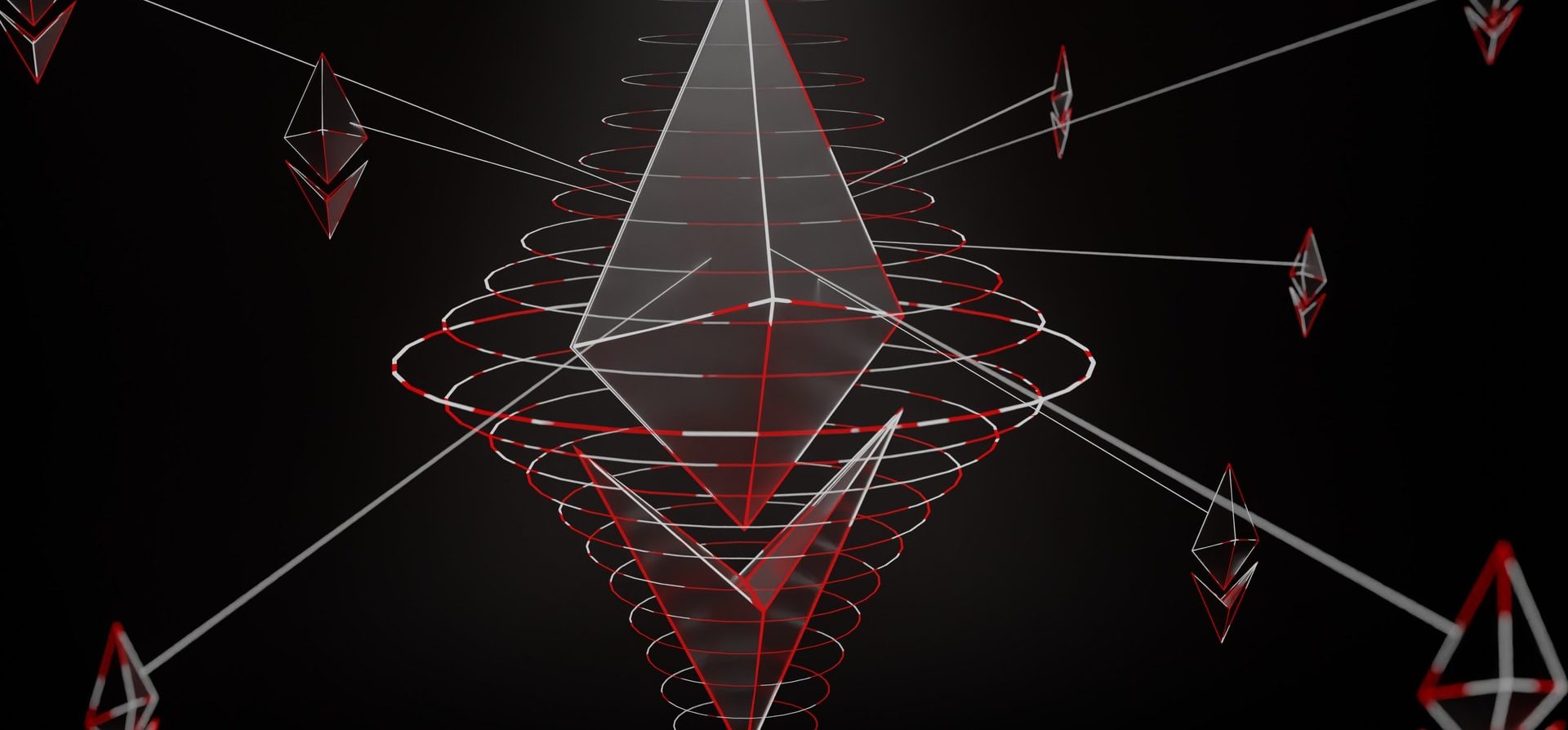NFTs but really special! | Bitcoinist.com
Why a privacy project is using NFTs to grow their network
The Current State of NFTs
NFTs, or non-fungible tokens, are a type of financial asset stored on blockchains. Many of these assets have risen exponentially in value over the past year, establishing their own niche ecosystems along the way. These communities are composed of both crypto-native and non-crypto-native people, many of whom have convened around shared financial, technical, and intellectual interests.
Much debate has been stirred between advocates and critics of NFTs, with some asking where these assets derive their inherent value from. Advocates often provide counter-arguments referencing their status as digital collectibles, or their numerous use cases, from granting holders provenance on digital art to making decentralized governance accessible via DAOs.
The NFT space has proven to be a fertile ground for innovation, with many prominent crypto and non-crypto-related projects deciding to embrace the technology. Their functionality is already being applied to diverse sectors like real estate, ticketing, gaming, medical records, identity verification, and credentials.
HOPR Overview
HOPR, a Swiss data privacy company that uses cryptocurrency to incentivize participation in their network, has recently embraced the technology of NFTs. HOPR has a gamified staking program where tokens are staked and locked so that stakers can be rewarded in HOPR’s currency $HOPR. Staking programs are nothing new in crypto, but HOPR’s program has a unique integration for NFTs, where NFTs are staked alongside tokens in order to boost the percentage of $HOPR token rewards.
HOPR NFT features
These NFTs, which vary in boost percentage, are obtained by participating in different community activities and events. These are often related to testing HOPR’s innovative privacy protocol, but not every task is technical. One of HOPR’s most popular events is an ongoing treasure hunt where community members solve clues to unlock different prizes, including an NFT which grants a 100% APR boost.
HOPR NFTs have three parameters relevant to their function and value: type, rank, and boost amount. The type indicates what the NFT is associated with, for example, participation in a testnet, or an AMA hosted by one of the HOPR co-founders. The rank refers to the tier of NFT rarity, which includes bronze, silver, gold, and diamond.
The degree of participation usually determines an NFT’s rank, which higher ranks granting higher values in the final parameter, boost percentage.
Crucially, NFTs of different types can be stacked, allowing active collectors and HOPR participants to earn staking rewards far higher than the base level rewards. The boostable amount of tokens is capped, to ensure that these rewards benefit regular users rather than ‘whales’ who hold large numbers of tokens (although these users can still benefit from the program’s generous base rate).
By focusing on active participation rather than passive rewards, HOPR has used NFTs to elevate the standard model of a staking program to something that benefits both HOPR community members and the project itself.
The Future of NFTs
HOPR’s turn toward NFTs is indicative of the direction in which much of the crypto market has recently been moving. NFTs have been embraced by many projects as a way of exploring the potential and limits of their technology, as well as creating new incentive structures. Individuals who might otherwise have never entered the crypto space are now exploring the rest of the ecosystem thanks to being onboarded via NFTs.
NFTs, as evidenced in the case of HOPR, can provide opportunities for NFT collectors to learn about privacy-related projects while interacting with DeFi protocols like staking. As more companies like HOPR experiment with NFTs, the future for the space seems ever brighter.
Image by Tumisu, please consider ☕ Thank you! 🤗 from Pixabay


